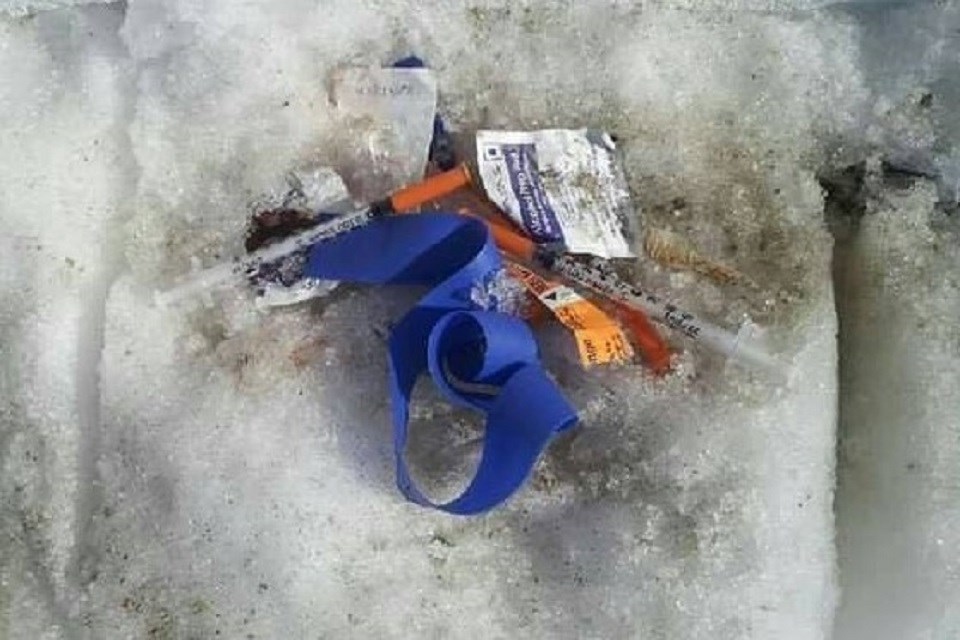Mental health and addiction issues are so bad in Nipissing that it needs a Crisis Task Force to deal with exploding demands.
That's the message from the District of Nipissing Social Services Administration Board (DNSSAB).
It wants the Ministry of Health and Northeast Local Health Integration Network (LHIN) to fund a third party independent review of the mental health and addictions needs for the Nipissing District,and wants to create a Crisis Task Force to deal with emergency issues in the community.
The Board reports that EMS land ambulance calls have spiked 20% for CTAS 1 (the most critical calls) over the last four years. According to the DNSSAB, a significant portion of this increase is related to mental health and addictions calls.
"The independent review being requested would target significant gaps in the system and would examine how to best serve the vulnerable in the District," says a news release from the Board. "The DNSSAB has asked the Province and LHIN to conduct and lead a transparent, independent third-party review but has not received a response from the Ministry of Health or the NE LHIN."
According to the social services Board, numerous individuals not are connected to services. CAO Joseph Bradbury states that “clients have arrived at our doorstep with health conditions so significant, that some have gone unresponsive in the office and have required critical EMS transportation.”
The DNSSAB reports that if the Ministry of Health and LHIN do not address the matter as a crisis, the vulnerable will continue to experience shorter life expectancy and will die prematurely.
Reports indicate that North Bay and district has a higher percentage of complex, vulnerable clients waiting on the Health Care Connects Waitlist, a service that helps people find primary care through a doctor. Bradbury says that the under-served, vulnerable population needs doctors to even access appropriate care.
“Too many vulnerable people in our District are suffering needlessly because they don’t have a doctor who can address their needs or refer them to the appropriate service that can help them,” says Chair of the DNSSAB, Mark King. “What compounds this problem is that the lack timely access can lead to degenerating health conditions and increased costs through emergency department visits and increases the urgency of ambulance calls. In the case of mental health and addictions, increased police calls and, ultimately community victimization, have occurred when substance abuse and mental health issues go unchecked. This is a grave community crisis we are seeing.” says King.
Bradbury adds that preventable deaths are the priority.
“This crisis needs direct leadership from the NE LHIN and Ministry of Health, and we are willing to co-lead the review. The Ministry of Health and NE LHIN have a responsibility to ensure everyone in Ontario receives equal healthcare access, regardless of where they live. There remains a significant gap in health equity in the District and in Northern Ontario.”
The DNSSAB put forward a request for action in a meeting in January with the Ministry of Health, and was assured this issue would be addressed.
“We have seen no real effort on the part of the Ministry or the NE HLHIN to help,” says King. “A crisis requires more than a band-aid. We need a solution that will help the most vulnerable navigate through the healthcare system, and we’re asking the NE LHIN to help us come up with that solution.”



